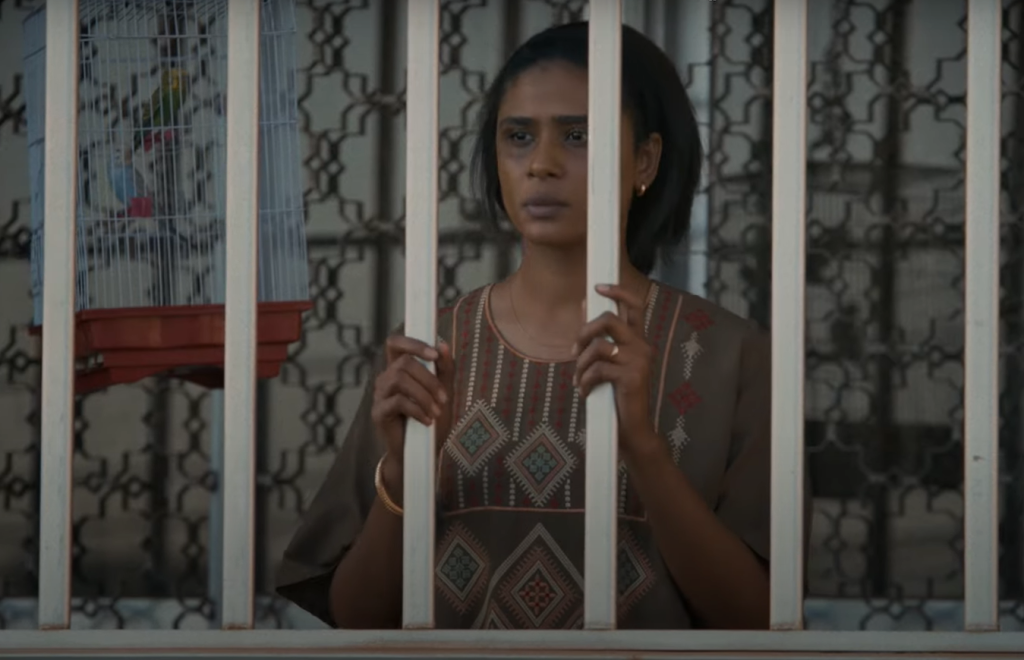Entertainment
Goodbye Julia shows a nation’s tragic beginning

The newest nation that exists is the Republic of South Sudan, which gained independence from Sudan on July 9th, 2011. For decades prior, the region was the centre of two civil wars. The latter civil war lasted over 20 years, wrapping up in 2005 following the death of nearly 2.5 million people. Many people were forced into slavery during this period of time, which was one of several factors that left many residents of the country’s southern half to demand independence. A nation born of blood, but one hopeful for a better future.
This situation is the setting of a new Sudanese film called Goodbye Julia, which is the opening film of this year’s edition of the Toronto Black Film Festival. Directed by first-time feature filmmaker Mohamed Kordofani, the film is about a Northern Arabic woman (played by Eiman Yousif) who following the end of the Second Civil War gets into a car accident. She hits a young Southern boy, and his father chases her home on his bike. When she arrives home, her husband shoots and kills the man. Feeling immense guilt, she hires the dead man’s wife (played by Siran Riak) as her maid and the two become fast friends over the years.
Crafting this story as a metaphor for the formation of South Sudan, it’s a remarkably bittersweet film. There are moments of joy hidden throughout the film but always punctuated by the immense sadness of reality. While incredibly specific to its setting, it’s also a universal tale about the black experience. The majority of Southern Sudanese people are black, struggling to survive the post-civil war, and are often referred to as slaves by their northern neighbours. They are largely treated as second-class citizens, with the formation of South Sudan being both a liberation and a separation.

The friendship between the two leads is a beautiful and endearing relationship, one that is shown to be constantly questioned by others. Both actors are fantastic in their roles. Riak’s performance is one with ample amounts of pain, but frequently seeking a facade of joy while Yousif’s is the flip side of that coin. One that showcases tremendous happiness while almost constantly masking an anxious fear. Neither actor has had much experience before, and only time will tell if they will continue to act. But this is a fantastic beginning for their hopefully long careers.
An incredibly tense narrative, this film mixes the history of the setting into its plot appropriately. The relationship shown between the two characters is amicable, but one that is inherently centered around a hierarchical dynamic. Riak’s character exists below Yousif’s, propping her up and helping her with her worries. Riak has to portray a steely resolve, a unified base to stand strong on despite her character’s sadness at her situation. It’s unequal at best, despite the genuine affection shown between the two characters. The relationship is always in favour of Yousif’s character, despite its tragic beginnings.
This film was picked by the Sudanese government to compete at the 96th Academy Awards for the Best International Feature award but unfortunately did not make the shortlist. And if you can’t make it to this year’s edition of the Toronto Black Film Festival, keep this film in your mind and your watchlist. It’s a powerful drama that helps to inform the viewer about an important piece of world history while also connecting it to a universal experience. This excellent film gets a 4.5/5.
